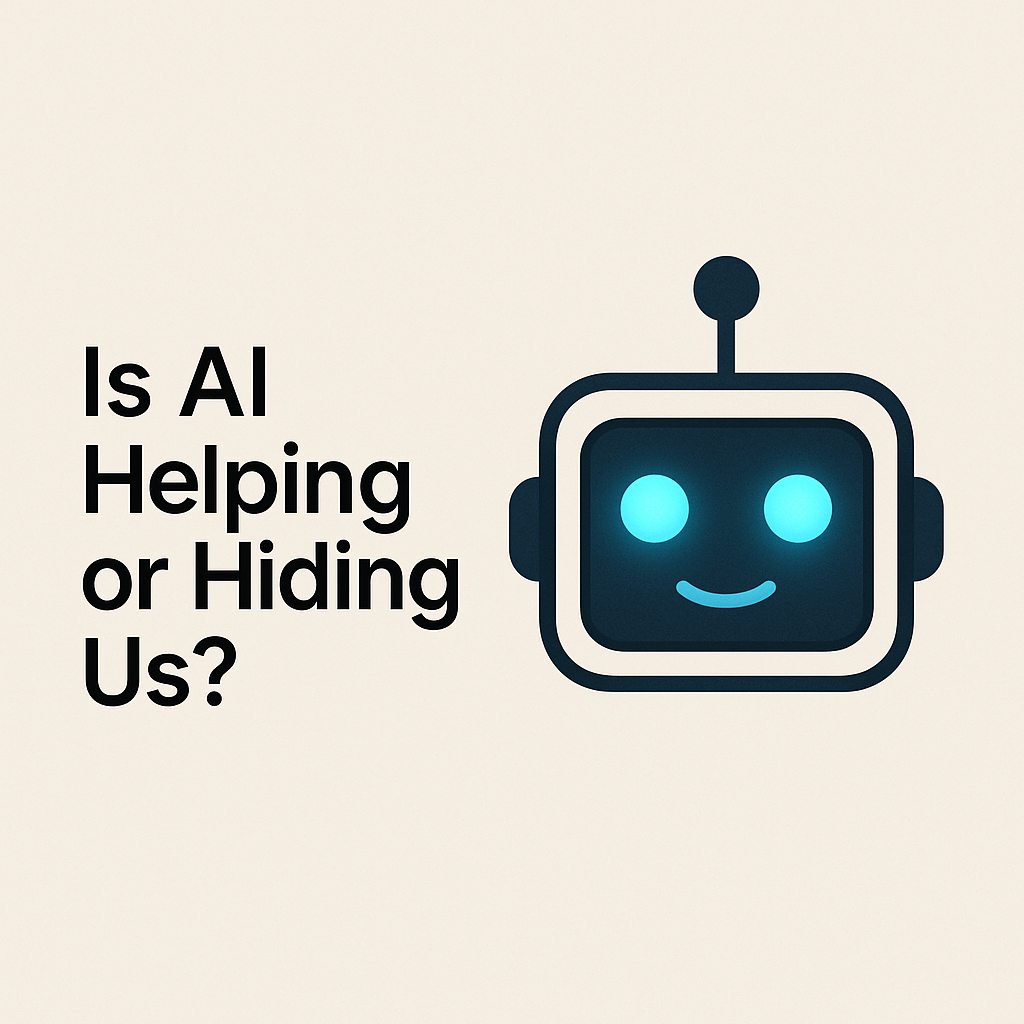AI tools are changing how people search for help. Increasingly, people don’t sit down at a keyboard to enter keywords. They speak. They send voice notes. They type full questions in natural, everyday language like:
- “Where can I get help with housing near me?”
- “Who supports young carers in my area?”
- “How do I donate to people in Gaza?”
These tools aren’t just indexing websites - they’re generating answers. Google’s SGE, Bing’s Copilot, and voice assistants are synthesising responses from multiple sources to give people direct answers before they ever click a link.
The question is: who gets seen in these answers?
And just as importantly: how can your organisation be seen - especially if you're offering exactly the kind of support someone’s looking for?
The risk: being overlooked
Smaller, grassroots organisations are at real risk of being excluded. If your site isn’t structured in a way AI can easily read and summarise, you might not show up at all. And if people rely on AI summaries as their primary source of information - as many already do - they may never discover you.
This isn’t just a visibility issue. It’s a matter of access and equity.
When AI tools steer users toward big-budget organisations with well-optimised content, they can unintentionally hide the more relevant, community-rooted help that people actually need.
Visibility through AI is the new digital inclusion
This is especially urgent for organisations serving marginalised or underserved groups - many of whom are shown to rely more heavily on mobile devices, voice queries, and AI-driven discovery.
If AI is where people are going, then visibility in AI responses is the new frontier of digital inclusion. Everyone deserves to be seen, found, and heard - not just the biggest players with the best SEO teams.
Where GEO comes in
Generative Engine Optimisation (GEO) is how your organisation stays visible in this new world. It’s not about chasing algorithms. It’s about being findable when someone asks a question that you can answer.
And it’s not hard to start. Here are three practical ways to improve your visibility in AI-generated answers:
1. Use natural language to answer real questions
Don’t just say “we provide housing support.”
Answer: “How can I apply for emergency housing help?” with clear, step-by-step information.
- Talk to your community. Ask what questions they’d ask if they needed your help.
- Create a “common questions” section or FAQ page using that exact language.
- Speak in full sentences - how someone would talk to a friend or voice assistant.
Tip: Use real user questions gathered through interviews, chat transcripts, or email enquiries. AI prioritises content that sounds like how people talk.
2. Write like people speak - not like websites read
Avoid jargon or institutional phrasing. Write like your audience talks.
- Replace terms like “eligible beneficiaries” with “people who qualify for help.”
- Include location-specific phrases, e.g. “support for single parents in Manchester.”
- Repeat key phrases naturally, just like someone would ask in conversation.
Tip: Use tools like AnswerThePublic or Google’s “People Also Ask” to find how your audience phrases their questions.
3. Structure your content for AI and accessibility
AI tools love clarity. They scan your page for structured, digestible content.
- Use headings and subheadings that reflect actual questions (e.g. “How do I get help with my energy bill?”).
- Keep answers brief, clear, and informative - especially in the first paragraph.
- Make sure your site is accessible to screen readers and mobile-first.
Tip: Optimising for AI often overlaps with optimising for real people. If your site is easy to navigate, understand, and search - it’s better for everyone.
This moment isn’t about battling AI. It’s about making sure your work isn’t hidden by it. You don’t need to become a tech expert to show up in AI-generated answers. You just need to start structuring your knowledge so it can be heard.
At Yalla, we help organisations like yours use AI not as a barrier - but as a bridge. Let’s make sure your community finds you.


